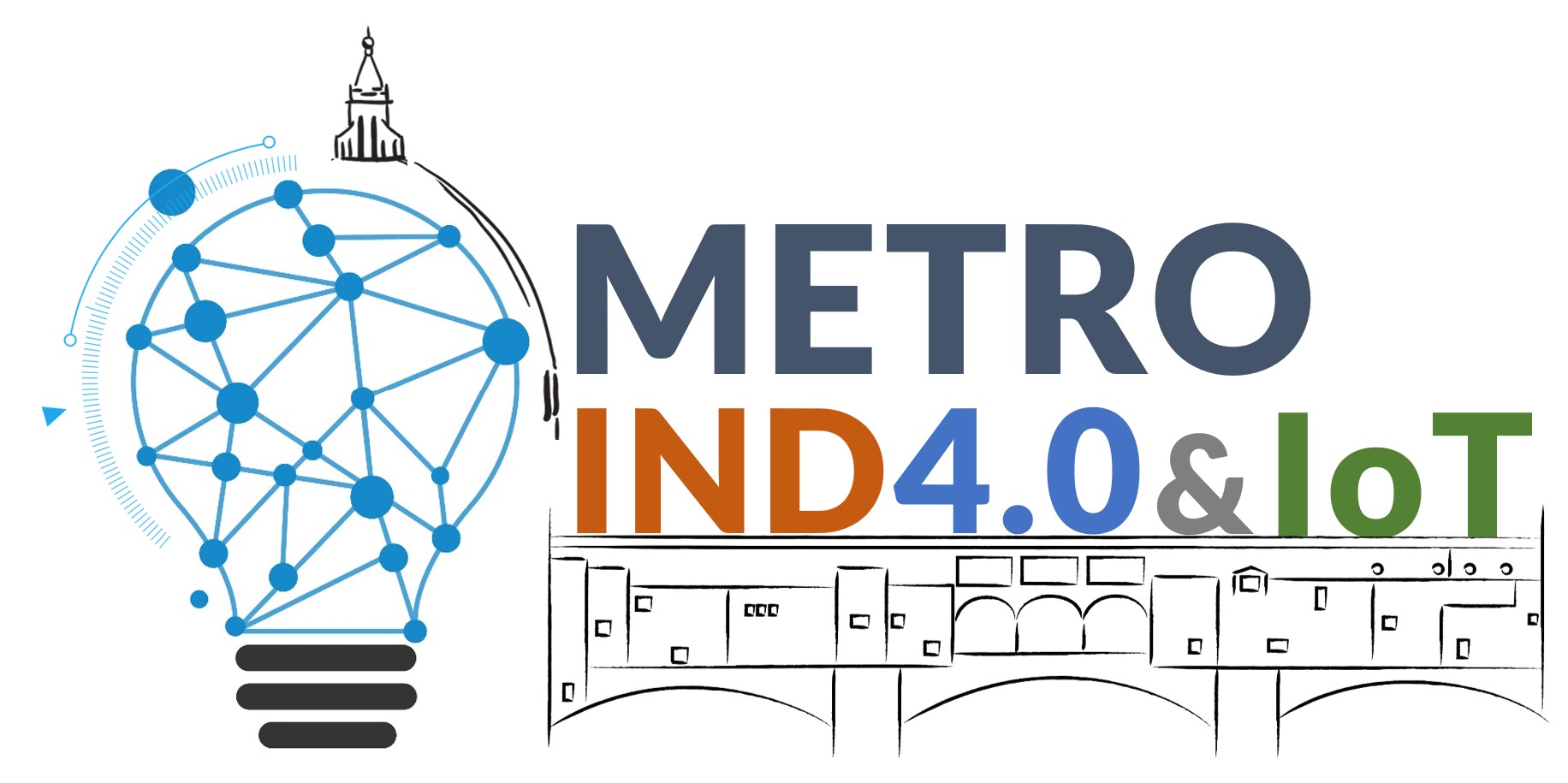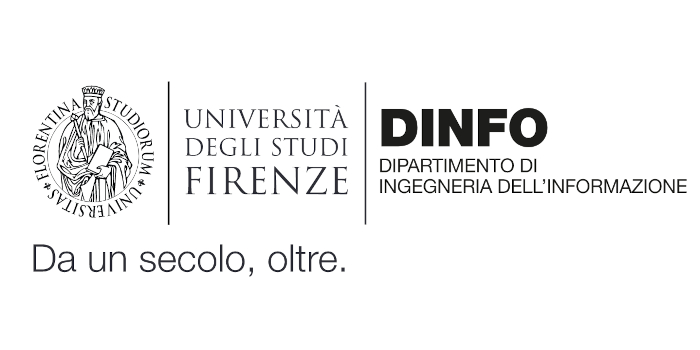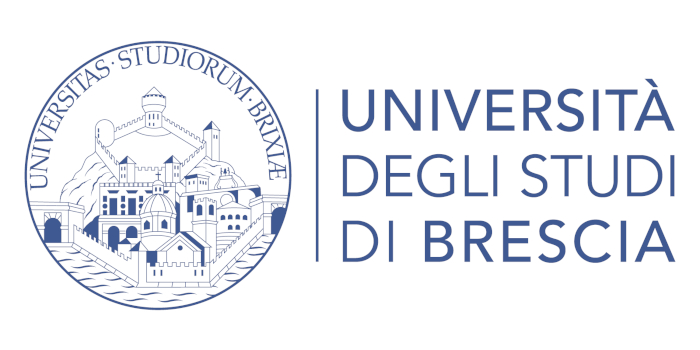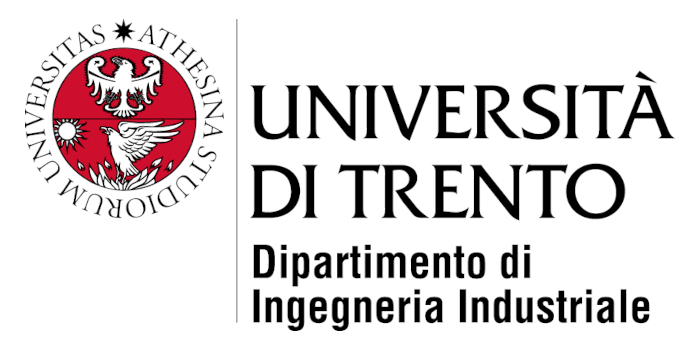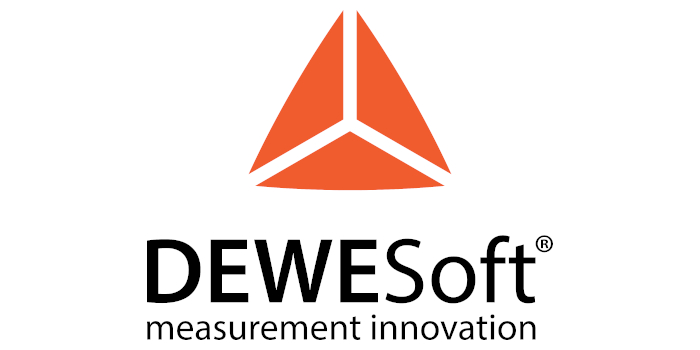SPECIAL SESSION #7
Wearable Sensors and New Frontiers for Human Health Monitoring
ORGANIZED BY
Daniela Lo Presti
Università Campus Bio-Medico di Roma, Italy
Elena Bergamini
University of Rome “Foro Italico”, Italy
Mariangela Pinnelli
Università Campus Bio-Medico di Roma, Italy
Alessio Gizzi
Università Campus Bio-Medico di Roma, Italy
ABSTRACT
Wearables are currently capturing broad attention and experiencing increased popularity across both industrial and biomedical sectors. These devices are crucial in monitoring a spectrum of parameters, ranging from psychophysiological indicators to human activities, biomechanics, and behaviors. Notably, incorporating flexible, soft, and 3D-printed sensors introduces an innovative dimension to wearable technology. The adaptability and novel fabrication techniques of these sensors enhance the versatility of wearables, contributing to applications in diverse fields such as telemonitoring, one-health initiatives, telecare, rehabilitation, well-being assessment, sports sciences, and occupational safety.
Within this domain, a critical focus lies on the design, metrological characterization, and validation of unobtrusive systems and wearable devices. Ensuring the development of highly performant and comfortable devices further elevates their utility, enabling the extraction of valuable features essential for developing models that support decision-making processes across diverse fields.
To delve into this rapidly evolving landscape, we are pleased to announce the Special Session dedicated to the growing significance of wearables and their multifaceted applications. This session aims to foster exploration and discussion on the latest developments in the design, metrological characterization, and validation of sensors and wearable devices. Emphasis will also be placed on the introduction of new frontiers and innovative approaches in the field, including flexible and 3D-printed sensors.
TOPICS
Paper submissions are welcome on (but not limited to) the following topics:
- Soft and 3D-printed sensing technologies;
- Wearable sensor devices and skin-like systems;
- Metrological assessment of sensors designed for monitoring psychophysiological and biomechanical parameters;
- Measurement metrics, algorithms, and signal processing methodologies;
- Physiological and biomechanical monitoring techniques, signals, and methodologies (such as vital signs, kinematic and kinetic measures);
- Evaluation of the reliability, validity, and accuracy of sensors and measurement systems;
- Strategies for structural design optimization of wearables and novel sensing solutions;
- Electronics interfaces and embedded sensor systems applicable to industrial and biomedical contexts;
- Application of Artificial Intelligence in health monitoring through wearable sensors.
ABOUT THE ORGANIZERS
Daniela Lo Presti (Ph.D. 2021) is currently an Assistant Professor at the Unit of Measurements and Biomedical Instrumentation of Università Campus Bio-Medico di Roma. Her main research activities focus on the design, fabrication, and feasibility assessment of smart systems and wearables based on fiber optics for application in smart healthcare and agriculture.
Elena Bergamini (Ph.D. in 2011) is currently an Associate Professor at the University of Rome “Foro Italico”, Department of Movement, Human, and Health Sciences. Her research concerns the development and application of methods for quantifying persons’ motor function, both in clinical and sports contexts, with specific reference to wearable magneto-inertial sensors. She is currently treasurer of the IEEE Italy Sensors Chapter, where she has been Chair of the Sensors for Biomechanics technical committee since 2020.
Mariangela Pinnelli is currently a Ph.D. Student in Bioengineering, Applied Sciences, and Intelligent Systems at the Unit of Measurements and Biomedical Instrumentation of Università Campus Bio-Medico di Roma. Her scholarly focus involves developing wearable sensors for assessing physiological and collective parameters in team-based and workplace scenarios. She specializes in integrating this technology into Personal Protective Equipment for enhanced safety in challenging environments.
Alessio Gizzi, (Ph.D. 2012) is an Associate Professor of Solid and Structural Mechanics at the Unit of Nonlinear Physics and Mathematical Modeling of Università Campus Bio-Medico di Roma. His main research interests include theoretical and computational biomechanics with applications in biomedical devices.
